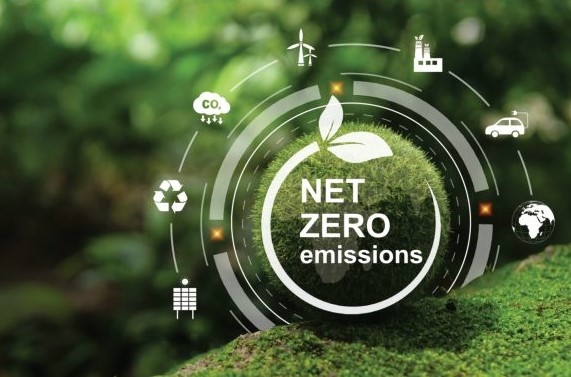Abu Dhabi/Gurugram, Nov 4, 2024: Cairn Oil & Gas has signed a Memorandum of Understanding (MoU) with United Nations Environment Programme’s (UNEP) flagship methane reporting and mitigation initiative, making it the first oil and gas producer in India to commit to effective reduction of methane emissions, further accelerating its efforts to decarbonise its operations.
Oil & Gas Methane Partnership (OGMP) 2.0 established a comprehensive framework that includes best practices for emissions management and a robust reporting system. It emphasises accurate measurement, reporting, and verification (MRV) of methane emissions to drive reductions effectively.
Under this MoU, Cairn will establish a 5-year methane reduction target and transparently report its progress to OGMP. This would enable Cairn to analyse its emission profiles and utilise the data to mitigate emissions cost-effectively. With this partnership, Cairn reaffirms its commitment to accelerate its efforts towards becoming Net Zero Carbon by 2030.
OGMP 2.0 covers over 40% of global oil and gas production empowering companies to improve the quality and accuracy of emissions data for effective methane reduction.
Welcoming Cairn to this partnership, Giulia Ferrini, OGMP 2.0 Programme Manager, said, “We are thrilled to welcome our first member from India and hope that Cairn’s commitment will inspire other companies from the country to join OGMP 2.0 and contribute to improving methane emissions reporting and management practices in the oil and gas sector.”
OMGP 2.0 provides companies with credible means and science-backed framework to establish that they are progressing towards methane reduction targets, supporting the goals of the Paris Agreement and the Global Methane Pledge — a commitment by over 150 countries to reduce global methane emissions by 30% by 2030. By joining OGMP 2.0, Cairn has set a new benchmark in India’s oil and gas industry for methane transparency and actively contributing to the nation’s environmental objectives. This membership brings the first upstream oil and gas company in India into the initiative, doubling OGMP 2.0 coverage close to one-fourth of Indian oil and gas production.
Commenting on this partnership, Hitesh Vaid, Chief Financial Officer, Cairn Oil & Gas, Vedanta Ltd, said, “We are excited to join UNEP’s OGMP 2.0 to set and achieve our methane reduction targets. Setting new benchmarks in sustainable energy production, Cairn has become the first oil and gas company in India to adopt this programme. Our multi-faceted ESG strategy — spanning renewable energy integration, carbon capture utilisation and storage (CCUS), waste-to-energy projects adopting low carbon technologies, and extensive nature-based carbon solutions — highlights the extent of our dedication towards both environment and India’s energy security. With OGMP 2.0 membership, we aim to not only reduce methane emissions and become Net Zero by 2030, but also drive a broader industry transformation towards responsible and sustainable energy practices.”
Earlier this year, Cairn had announced the fast-tracking of its net zero commitments to 2030. Cairn is committed to enhancing its operational performance in synergy with climate change mitigation and further plans to minimise emissions through process optimisation, improved reliability, and low-carbon technologies. Cairn has successfully reduced potential gas flaring volume by 60% over the last four years. The multi-pronged long-term strategy to become Net Zero Carbon by 2030 is backed by a meticulous plan exploring new opportunities.
OGMP 2.0 is the United Nations Environment Programme’s flagship oil and gas reporting and mitigation programme. OGMP 2.0 is the only comprehensive, measurement-based reporting framework for the oil and gas industry that improves the accuracy and transparency of methane emissions reporting. This is key to prioritising methane mitigation actions in the sector.




















.jpg)



